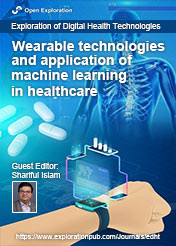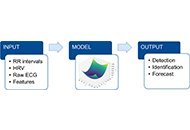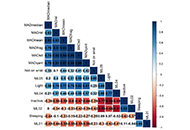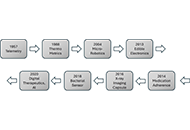
Wearable Technologies and Application of Machine Learning in Healthcare
Guest Editor
Shariful Islam E-Mail
Associate Professor and NHMRC Emerging Leader Fellow of Institute for Physical Activity and Nutrition, School of Exercise and Nutrition Sciences, Faculty of Health at Deakin University, Melbourne, Australia.
Research Keywords: digital health; wearable devices; artificial intelligence; mHealth; global health
About the Special lssue
Wearable technologies have been rapidly gaining popularity in recent years as they allow for continuous monitoring of various physiological parameters and provide real-time feedback to users. In combination with machine learning, wearable technologies have the potential to revolutionize healthcare by enabling early detection and diagnosis of diseases, providing personalized treatment, and improving overall patient outcomes. The purpose of this special issue is to explore the application of wearable technologies and machine learning in healthcare and discuss the challenges and opportunities that lie ahead.
This special issue aims to bring together researchers, practitioners, and experts in the field of healthcare, wearable technologies, and machine learning to share their insights and experiences. The topics of interest for this special issue include, but are not limited to:
★ Development of wearable technologies for monitoring and tracking physiological parameters such as heart rate, blood pressure, respiratory rate, and temperature.
★ Application of machine learning algorithms for analyzing the data collected from wearable devices to detect and diagnose various diseases such as cardiovascular disease, diabetes, and cancer.
★ Use of wearable technologies in personalized medicine and treatment planning.
★ Integration of wearable technologies and machine learning with
electronic health records (EHRs) and other health information systems.
★ Ethical and legal considerations related to the use of wearable technologies and machine learning in healthcare.
We invite original research papers, review articles, and case studies that address these and other related topics. The contributions should provide insights into the potential benefits and limitations of wearable technologies and machine learning in healthcare and discuss the implications for clinical practice and future research directions. We hope that this special issue will contribute to the advancement of the field and promote the development of innovative solutions for improving healthcare outcomes.
Keywords: wearable devices; artificial intelligence for health; remote healthcare; connected health; digital health; electronic health records
Published Articles


